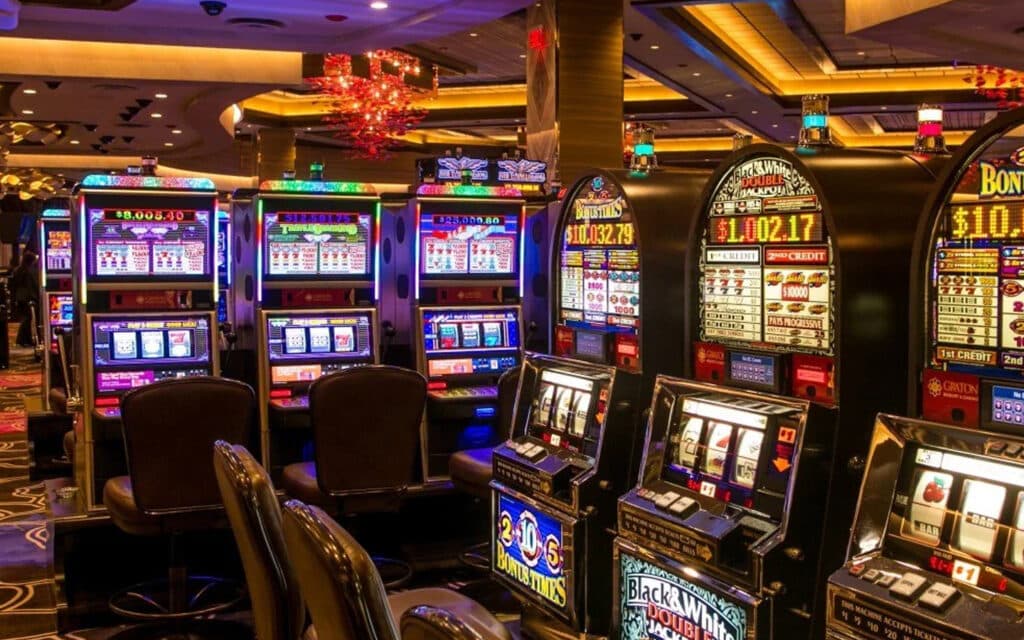
In the dynamic world of gaming, gambling house activities have long seized the interest of participants around the planet. These activities, ranging from classic table options like poker to the rotating reels of slot machines, offer an intriguing mix of randomness and tactics. While chance undeniably plays a crucial role in shaping outcomes, the role of knowledge in many gambling games cannot be ignored. Grasping how skill affects gameplay can enhance not only a participant’s engagement but also their likelihood of winning.
As we dig into the inner workings of casino games, it becomes clear that some need a strong foundation of understanding and tactics. Activities like blackjack call for more than mere luck; they demand analytical thinking, emotional insight, and strategic decision-making. In contrast, other activities, such as the roulette wheel and fruit machines, are primarily driven by chance, allowing gamblers to rely solely on luck. This difference raises fascinating questions about what genuinely drives achievement in the world of gambling and how a gambler’s competences can tip the scales in their advantage.
Grasping Skill versus Luck in Gambling Games
Within the sphere of casino games, the debate between skill and luck is a enduring one. Several games are frequently divided into two categories: those that rely predominantly on randomness, such as slot machines and roulette, and those where skill plays a significant role, like poker and blackjack. The difference is crucial because it influences not only gameplay strategies but also the approach players take when engaging with these games. While luck can play a critical role in the short term, skilled players can increase their odds of winning over the extended period in skill-based games.
Skill-based games, particularly poker, necessitate players to comprehend probability, psychology, and game strategies. A seasoned poker player can analyze opponents, make strategic bets, and know when to fold, all of which can lead to more successful outcomes. Conversely, in games that are purely chance-driven, no amount of skill can alter the odds. This means that although a player may win big in one session, their success may frequently be subject to the vagaries of chance results rather than any tactical expertise.
Ultimately, both skill and luck exist together in the world of casino games, forming a vibrant environment for players. While games of chance can provide thrill and instant gratification, proficiency and strategy in skill-based games offer a deeper level of engagement for those prepared to invest time in honing their craft. This interaction between skill and luck defines the experiences of players and influences their connection with the games they choose to play.
The Impact of Ability on Casino Results
In the field of gambling games, skill plays a key role in determining the results, especially in activities where strategy and decision-making are paramount. For example, in poker, competitors must analyze rivals, calculate probabilities, and make calculated bets to enhance their chances of winning. Unlike activities that depend purely on chance, such as slot machines or roulette, poker demands an understanding of both the game mechanics and the behavior of other players, making skill a vital component of success.
Additional strategy-based games, like the game of blackjack, also highlight the importance of player skill. Understanding of basic strategy, card counting, and when to hit or stand can significantly influence the house edge. A skilled blackjack player can reduce this edge and improve their chances of success over time. This contrasts with activities that do not permit for such strategic play, showcasing how the level of skill directly affects the potential for positive results. bakar69
Moreover, even within games deemed primarily chance-driven, like the game of craps, the decisions made by gamblers can impact their overall performance. Choosing the optimal bets, comprehending the likelihoods of different results, and managing one’s bankroll are essential factors that can enhance a player’s experience and results. Thus, while luck remains a factor in casino games, ability can substantially influence how efficiently players navigate these environments, leading to more favorable results.
Strategies for Skillful Play in Gaming Establishments
To thrive in casino games, players must develop a solid understanding of the rules and probabilities involved in each game. This foundational knowledge enables individuals to make informed decisions, especially in skill-based games like Texas Hold’em and 21. Becoming acquainted oneself with game tactics, such as card counting in 21 or identifying wagering trends in Texas Hold’em, can significantly enhance a player’s odds of winning. Practicing these strategies through practice games or lower-stakes games allows players to improve their skills without risking substantial amounts of cash at stake.
Another key approach is budgeting. Players should create a budget before entering the gaming establishment and stick to it faithfully. This involves deciding how much they are prepared to lose and imposing restrictions on how much they will bet in each session. By keeping a disciplined approach to spending, players can maintain their play and reduce the risk of major losses. Additionally, taking time-outs can help maintain a clear head and prevent impulsive decisions that often lead to poor play.
Finally, managing emotions is crucial in the high-stakes environment of a casino. Players must learn to manage their emotions, particularly during periods of success or defeats streaks. Staying focused and not letting emotions influence gameplay can lead to more sound decisions. Techniques such as deep breathing or walking away from the table during intense moments can help maintain calmness. By cultivating a steady mindset, players can approach casino games with assurance and skill, thereby improving their complete experience and results.